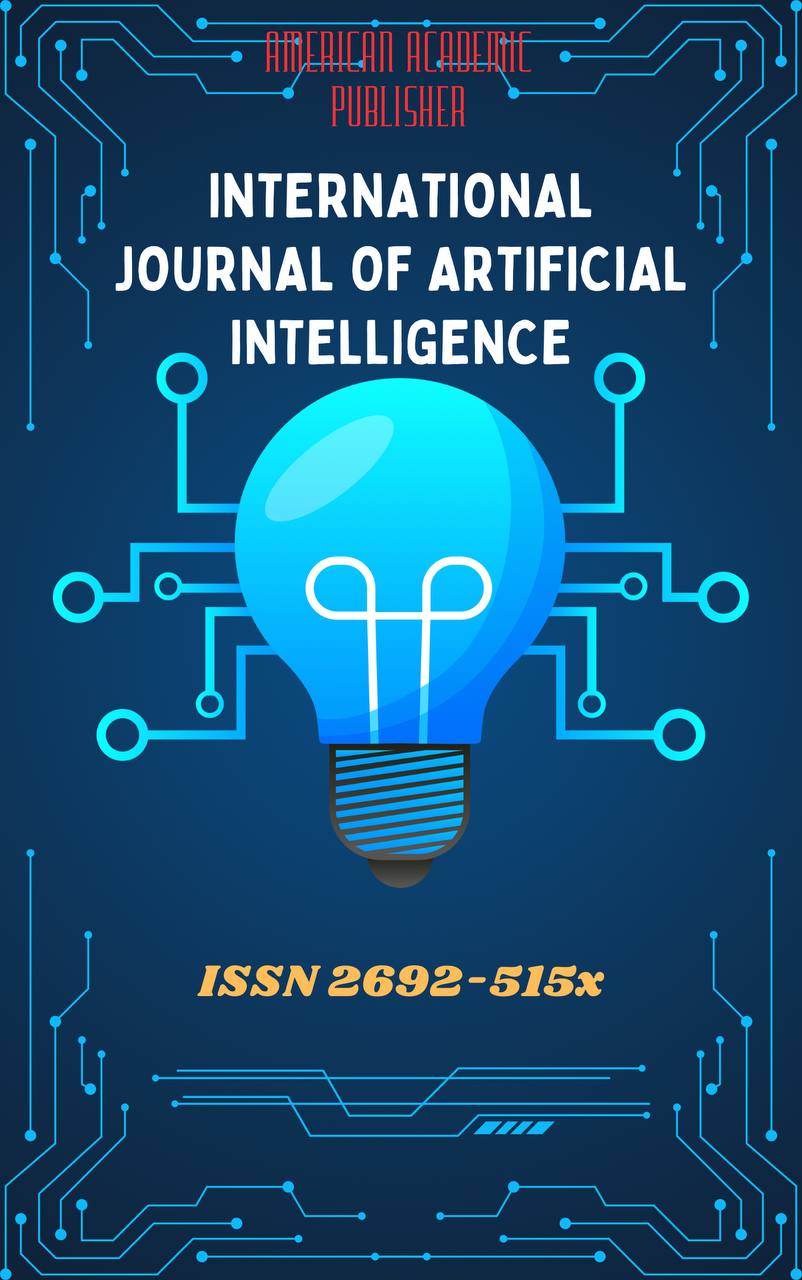 Articles
| Open Access |
Articles
| Open Access | VIEWS OF GLOBAL SCHOLARS ON FIELD THEORY: WITH EXAMPLES FROM ENGLISH AND UZBEK LANGUAGES
Ataboyev Akhadjon Djumakoziyevich, Tokhirov Nurmukhammad Hasan ugli , (PhD) Doctor of Philosophy in Philological Sciences Student, Andijan State Institute of Foreign LanguagesAbstract
this article explores the views of international linguists regarding field theory, with a focus on both theoretical and practical insights, particularly those of Wilhelm von Humboldt. The study critically evaluates the perspectives of Indo-European linguists and emphasizes the author’s own interpretations. It is especially relevant for scholars interested in the lexicology and translation studies of English and Uzbek languages.
Keywords
language, word and phrase, system, expression, structure, synchronic, field
References
Aas, K. F. (2007). Globalization and crime. Sage. Berlin, B, & Kay, P. (1991). Basic color terms: Their universality and evolution. University of California Press.
Cabré, M. T., & Sager, J. C. (1999). Terminology: Theory, methods, and applications. John Benjamins Publishing.
Coulthard, M., & Johnson, A. (2007). An introduction to forensic linguistics: Language in evidence. Taylor & Francis e-Library.
Cowie, A. P. (1998). Phraseology: Theory, analysis, and applications. Clarendon Press.
Culpeper, J. (2011). Impoliteness: Using language to cause offence. Cambridge University Press.
Douglas, J. E., & Burgess, A. W. (1992). Crime classification manual: A standard system for investigating and classifying violent crimes. Lexington Books.
Eldridge, B. (2013). Our rival, the rascal: A faithful portrayal of the conflict between the criminals of this age and the defenders of our society. Pemberton Publishing.
Fay, J. (2012). Key terms and concepts for investigation. Oxford University Press.
Article Statistics
Downloads
Copyright License

This work is licensed under a Creative Commons Attribution 4.0 International License.

